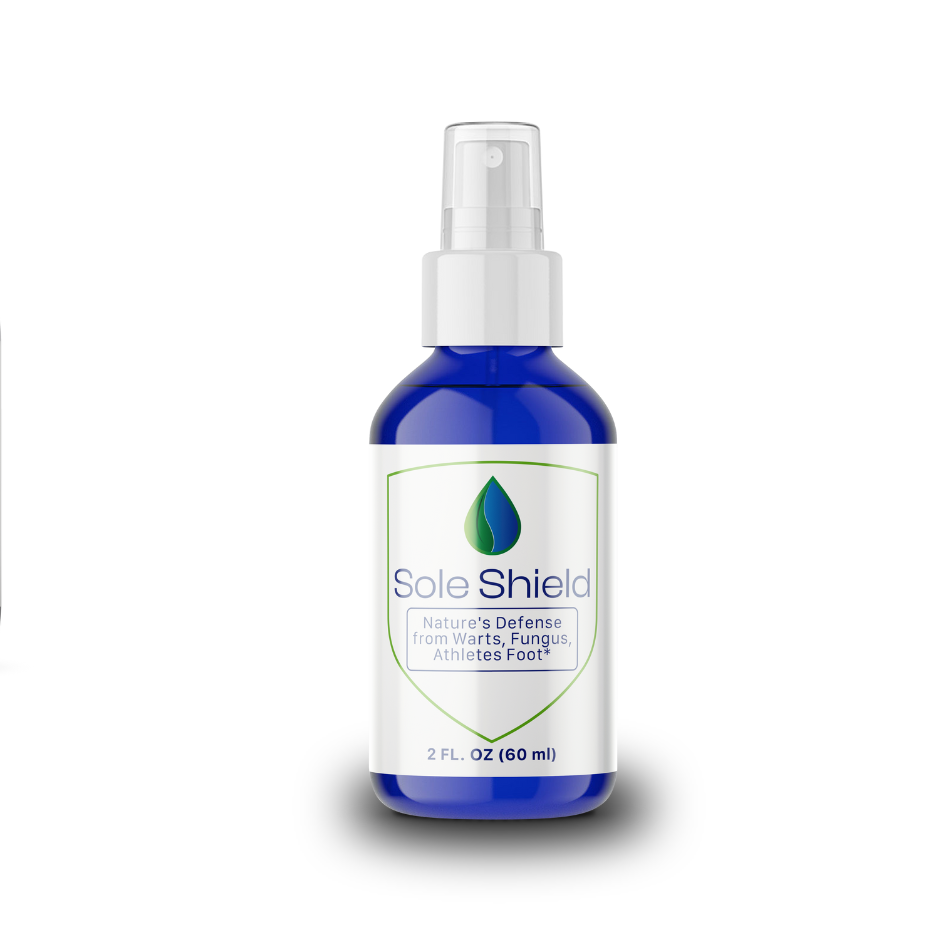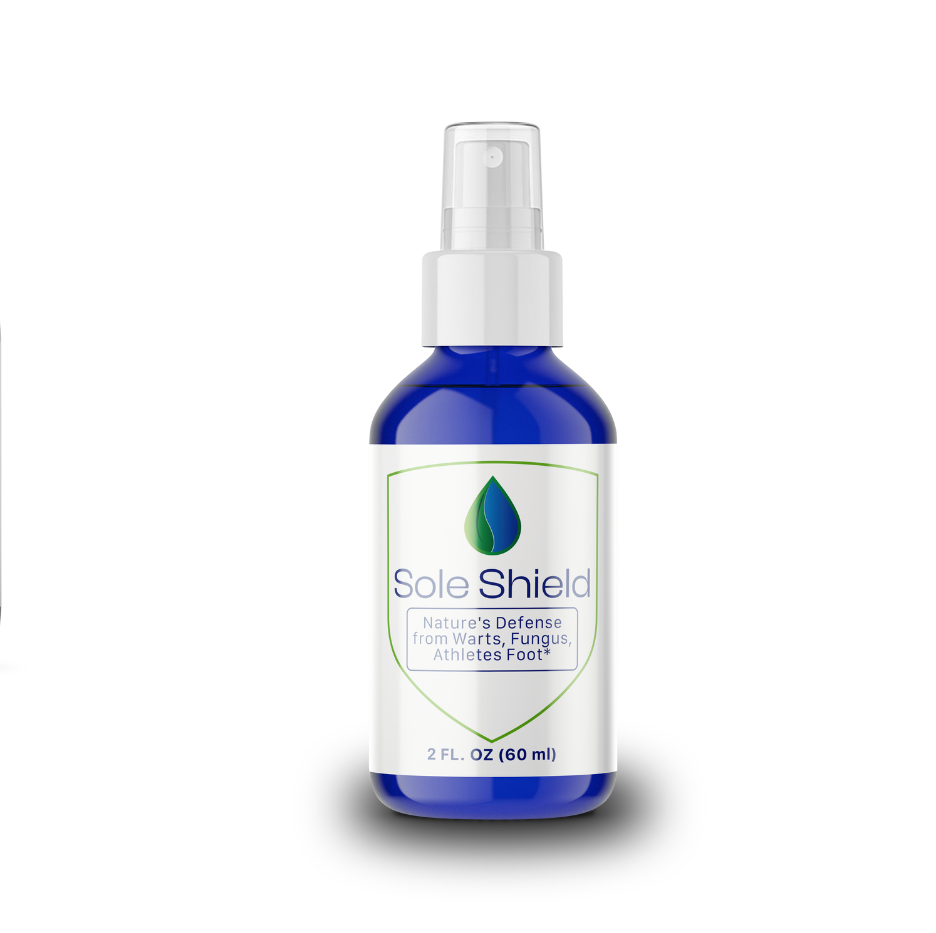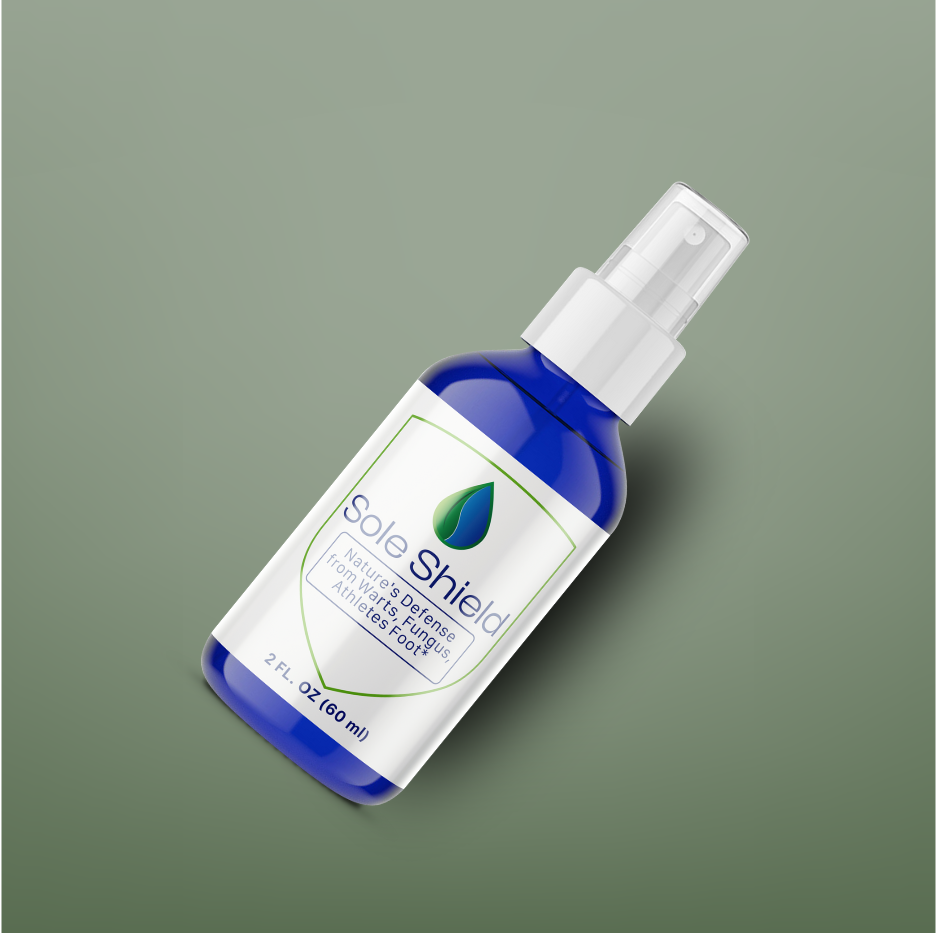
Hormonal acne can be a persistent and frustrating skin condition, often triggered by fluctuations in hormone levels, particularly androgens such as testosterone. While many factors contribute to hormonal acne, one element that often goes unnoticed is iodine. Delving into the intricate relationship between iodine, hormonal balance, and acne reveals valuable insights into how managing iodine intake can play a pivotal role in alleviating hormonal acne flares.
The Thyroid-Acne Connection:
To understand the role of iodine in hormonal acne management, it's crucial to grasp its connection to the thyroid gland. Iodine is a vital component of thyroid hormones, thyroxine (T4) and triiodothyronine (T3), which regulate metabolism, growth, and development. An imbalance in thyroid hormones, whether due to iodine deficiency or excess, can disrupt various bodily functions, including skin health.
Iodine and Hormonal Balance:
Iodine plays a crucial role in maintaining hormonal balance, particularly in women. While iodine deficiency can impair thyroid function, excessive iodine intake can also disrupt hormone synthesis and secretion. In the context of hormonal acne, excessive iodine levels may stimulate the production of androgens, leading to an overproduction of sebum and clogged pores, ultimately contributing to acne formation.
Managing Iodine Intake for Hormonal Acne:
Ensuring adequate but not excessive iodine intake is essential for supporting thyroid health and potentially mitigating hormonal acne flares. Here are some insights into how to monitor iodine intake and recognize signs of imbalance:
Dietary Sources of Iodine: Iodine is naturally found in various foods, including seafood, seaweed, dairy products, and iodized salt. While incorporating iodine-rich foods into your diet is important for maintaining thyroid function, it's essential to consume them in moderation to prevent excessive iodine intake.
Supplementation: If you suspect iodine deficiency, consult with a healthcare professional before considering iodine supplementation. Excessive iodine supplementation can disrupt thyroid function and exacerbate hormonal imbalances, potentially worsening acne symptoms.
Monitor Symptoms: Pay attention to subtle signs of iodine imbalance, such as unexplained weight changes, fatigue, hair loss, or irregular menstrual cycles. These symptoms may indicate thyroid dysfunction, which can exacerbate hormonal acne.
Consultation with Healthcare Provider: If you're struggling with hormonal acne and suspect iodine may be a contributing factor, consult with a dermatologist or endocrinologist. They can assess your thyroid function, evaluate your iodine status, and provide personalized recommendations for managing hormonal acne.
Conclusion:
In conclusion, understanding the role of iodine in hormonal acne management is essential for addressing the root causes of acne flares. By maintaining optimal iodine intake, supporting thyroid health, and monitoring for signs of imbalance, individuals can take proactive steps towards achieving clearer and healthier skin. Remember, achieving hormonal balance is a multifaceted approach that may require lifestyle modifications, dietary changes, and professional guidance. By taking a holistic approach to skincare and hormonal health, you can effectively manage hormonal acne and unlock the secrets to radiant, blemish-free skin.




